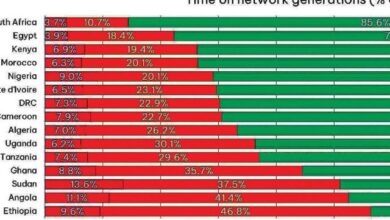
In a troubling incident, a long-serving employee’s career came to a sudden end after her employer, a major insurance company, employed keystroke technology to track her remote work activities. The Fair Work Commission (FWC) recently dismissed the employee’s unfair dismissal claim, citing misconduct as the reason for her termination.

Suzie Cheikho, a dedicated consultant at Insurance Australia Group (IAG) for 18 years, found herself embroiled in a contentious situation. Responsible for vital tasks such as creating insurance documents and ensuring work-from-home compliance, her performance was under scrutiny. A review of her cyber activity raised concerns: over a period of three months, Cheikho’s keyboard usage was remarkably low, raising suspicions about her productivity.
The FWC findings revealed a series of missed deadlines, absences, and incomplete tasks, which resulted in financial penalties for the company. Despite Cheikho’s claims of a premeditated plot against her due to mental health issues, the evidence of her lack of engagement during designated hours was compelling.
Cheikho’s attempt to explain the data fell short. She mentioned personal challenges affecting her mental health, but could not substantiate her assertions.
Sometimes the workload is a bit slow, but I have never not worked,” she told her managers, according to the FWC findings
“I mean, I may go to the shops from time to time, but that is not for the entire day. I need to take some time to consider this and I will put forward a response.”
In a written response, Cheikho said she’d looked at the data to seek an explanation for the missing hours but “really can’t recall why or how it’s that low.”
“I have tried to go through emails and messages to see if I can explain it,” she wrote.
FWC Deputy President Thomas Roberts ultimately ruled that her dismissal was based on valid misconduct, highlighting the employer’s demonstrated need for laptop usage to fulfill her role.
“I have little doubt that the factors underlying the applicant’s disconnection from work were serious and real.”
The situation was “regrettable” given Cheikho’s “long period of satisfactory service,” Roberts wrote.
The incident serves as a stark reminder of the challenges of remote work surveillance and the importance of maintaining consistent productivity. While the circumstances are unfortunate, the case emphasizes the significance of meeting work expectations, even in remote settings.
Cheikho’s case underscores the necessity for clear communication, regular performance evaluations, and proactive support for employees dealing with personal struggles. As remote work becomes increasingly prevalent, employers and employees alike must navigate these complexities to ensure a healthy and productive work environment.




